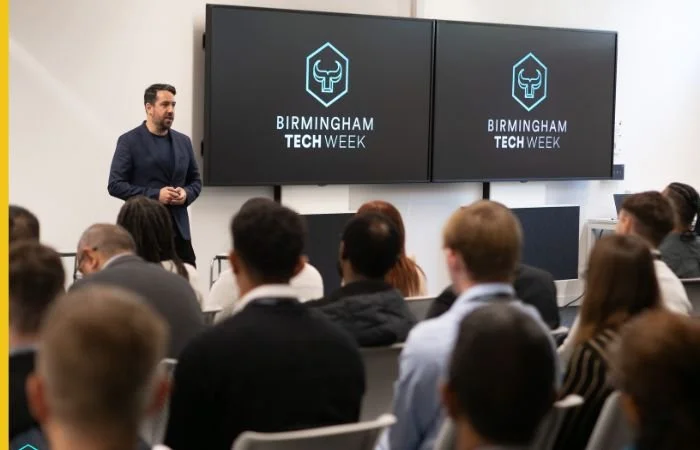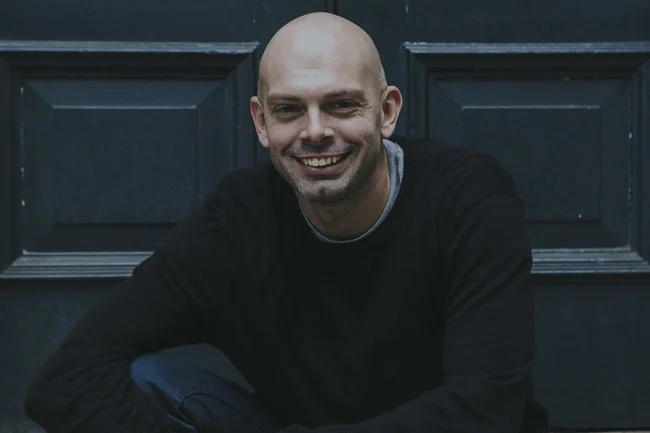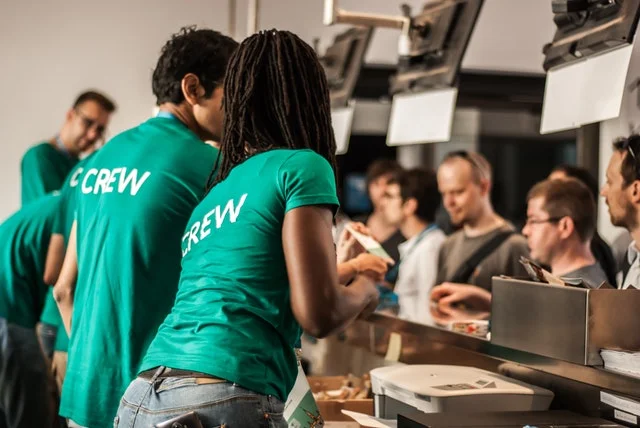Google for Startups Residency focuses on social impact technology

Google for Startups third UK Residency cohort focusses on social impact technology startups: Mendelian, Limbic.ai, Applied, Synthesized, Feebris and Predina
Google for Startups Campus in London has reopened its doors to level the playing field for diverse founders and social impact tech startups
The 2019 Residency programme will be led by newly appointed Head of Google for Startups UK and serial entrepreneur, Marta Krupinska
Google for Startups has today announced the line-up of the first 2019 Residency cohort which will spotlight startups using machine learning technology to make a positive social impact. The six companies involved tackle a range of issues spanning mental health to rare disease detection, social inequality to unconscious bias in the hiring process.
Google for Startups Residency brings growth-stage startups the best of Google's products, connections, and best practices. Each startup receives tailored mentorship and workspace at the Google for Startups London Campus. In 2018 alone, 11 startups participated in the Google for Startups Residency, raising over $12.7M and creating over 86 jobs.
The 2019 Residency programme will be led in tandem by newly appointed Head of Google for Startups UK and serial entrepreneur, Marta Krupinska and her team. Marta is best known for co-founding the global FinTech company Azimo, which offers low cost digital money transfers.
Marta Krupinska, Head of Google for Startups UK said: “Technology is just a tool - what matters is what you do with it. With startups shaping the world in which we’ll get to live tomorrow, we’re committed to supporting companies that use tech for good, and we’re so happy to see that some of the strongest developments in this space are happening right here in the UK.”
2019 RESIDENCY COHORT
Mendelian: Founded in 2017, Mendelian accelerates the diagnosis of rare and hard to diagnose genetic diseases by building smart software solutions for clinicians, health providers and patients.
Limbic.ai: Founded in 2017, Limbic.ai is turning physical fitness trackers into mental fitness trackers, as a scalable solution to mental health problems. Limbic.ai’s patent-pending AI detects human emotion from heartbeat data collected by wearables.
Applied: Founded in 2016, BeApplied is a recruitment platform that allows people to hire without unconscious bias and sources diverse, quality candidates in a fair way.
Synthesized: Founded in 2017, Synthesized's software uses AI to learn the structure of original data and simulate practically useful new data points unleashing the full potential of data whilst protecting people's privacy.
Feebris: Founded in 2018, the Feebris platform connects to a wide range of point-of-care devices (digital stethoscopes, wearables etc.) and uses signal processing algorithms to turn data into actionable diagnostic outputs.
Predina: Founded in 2016, Predina uses AI to analyse the changing environment to dynamically predict road transport risks and reduce accidents.

































































































